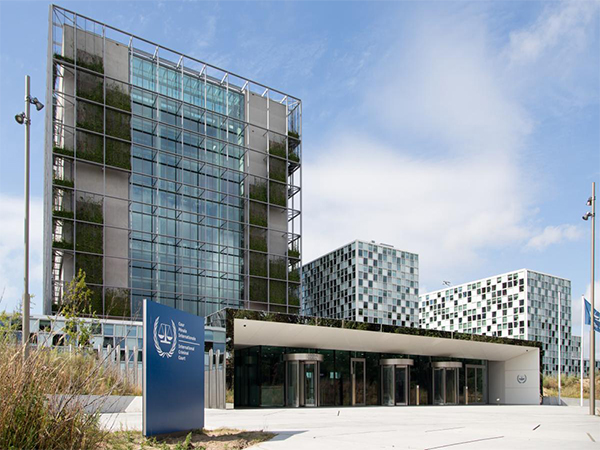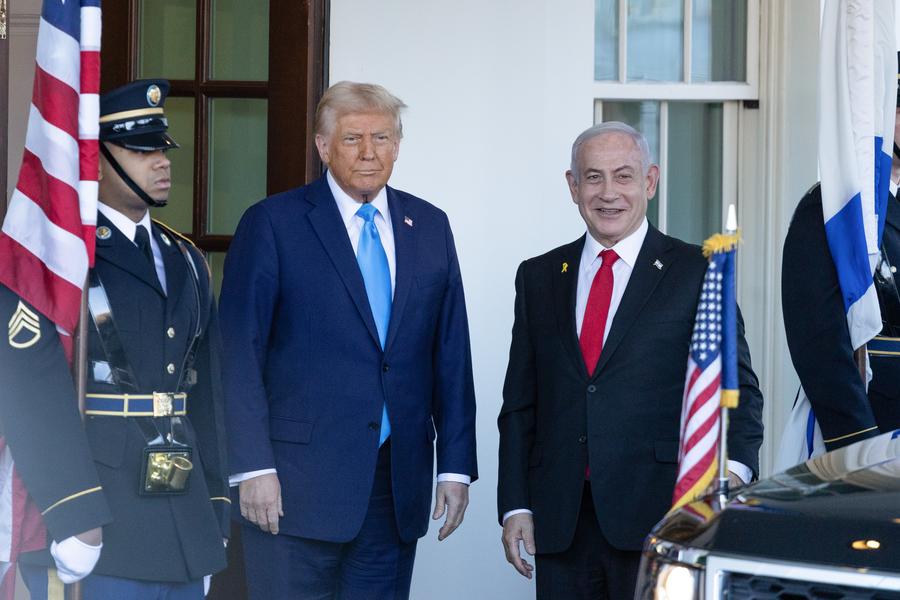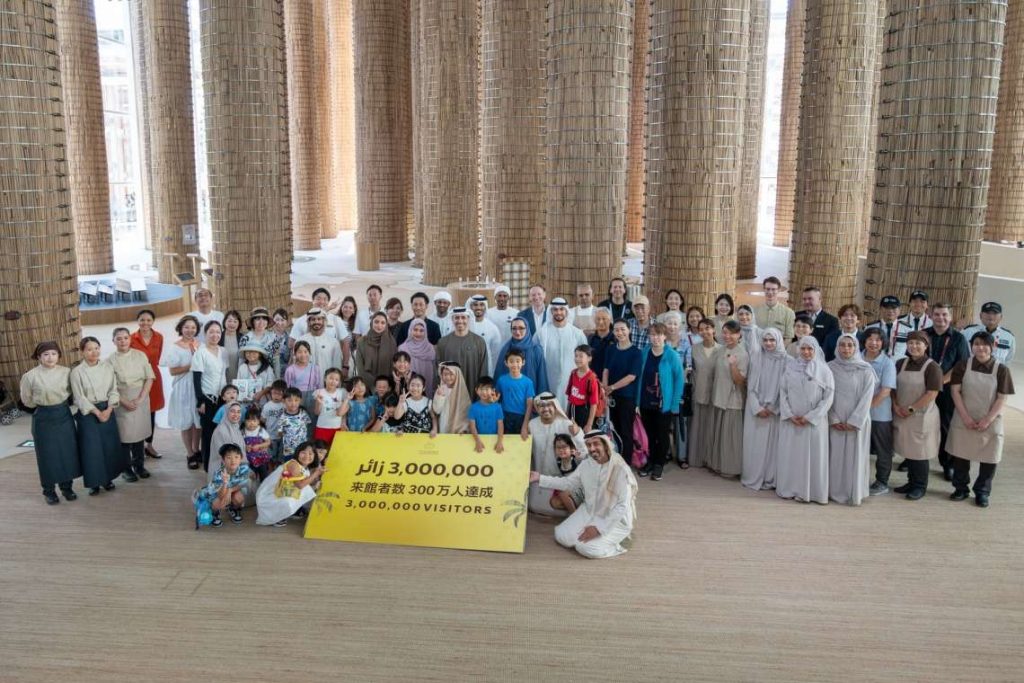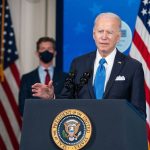Washington hits at The Hague with fresh sanctions on four ICC judges and prosecutors, including French and Canadian officials, over probes targeting Israel and US actions abroad….reports Asian Lite News
The United States has escalated its confrontation with the International Criminal Court (ICC) by sanctioning four more of its judges and prosecutors, including officials from close allies France and Canada. The move underscores Washington’s hard-line stance against the tribunal’s investigations into alleged crimes by US and Israeli nationals.
US Secretary of State Marco Rubio announced the measures on Wednesday, describing the ICC as “a national security threat” and an instrument of “lawfare” against the United States and its ally Israel. He accused the Hague-based court of overstepping its authority by pursuing cases without the consent of the nations involved.
Among those targeted is Judge Nicolas Guillou of France, who is overseeing proceedings related to an arrest warrant issued for Israeli Prime Minister Benjamin Netanyahu. The case, initiated by the State of Palestine, has put international pressure on Israel, though Washington does not recognise Palestinian statehood. Guillou previously worked closely with the US Justice Department under the Obama administration, a fact highlighting the unusual nature of Washington imposing punitive measures on a jurist from a long-standing ally.
Also sanctioned is Canadian judge Kimberly Prost, who played a key role in authorising an investigation into alleged crimes committed during the war in Afghanistan — including those attributed to US forces. The decision reflects Washington’s continued rejection of ICC scrutiny of American actions abroad.
In addition, the sanctions list includes two deputy prosecutors: Nazhat Shameem Khan of Fiji and Mame Mandiaye Niang of Senegal. According to the US State Department, both officials were penalised for backing what Washington termed “illegitimate ICC actions against Israel,” specifically in relation to arrest warrants for Netanyahu and former Israeli defence minister Yoav Gallant.
The sanctions mean that the targeted ICC officials are barred from entering the United States, and any property they might hold within US jurisdiction will be frozen. Such measures are typically reserved for adversaries rather than judicial figures from friendly nations, signalling the depth of American opposition to the ICC’s work.
The move follows a similar round of sanctions in June, when Washington penalised four other ICC officials. The United States, like Israel, has not joined the Rome Statute that established the court, while most European democracies continue to support it as a venue of last resort for justice when national systems fail.
The tensions come at a sensitive geopolitical moment. While Washington has long rejected ICC jurisdiction, the latest sanctions highlight its determination to shield Israel from international legal action, even as Prime Minister Netanyahu faces arrest warrants abroad. In a striking contrast, President Donald Trump recently welcomed Russian President Vladimir Putin to Alaska despite the Kremlin leader himself being subject to an ICC arrest warrant over the invasion of Ukraine.
The latest sanctions reinforce Washington’s deepening rift with the ICC, raising questions about the court’s ability to pursue cases involving powerful states and their allies.

Allies outraged over sanctions
The United States is facing mounting diplomatic backlash after imposing sanctions on four senior officials of the International Criminal Court (ICC), including judges from Canada and France, over cases involving alleged crimes committed by US personnel and Israeli leaders.
The ICC, in a strongly worded statement, condemned Washington’s move as a “flagrant attack” on its independence and vowed to continue its work undeterred. The court called on its 125 member states to provide “firm and consistent support” for its mandate of delivering justice to victims of the gravest international crimes.
“These sanctions are a flagrant attack against the independence of an impartial judicial institution which operates under the mandate from 125 States Parties from all regions,” the ICC said. “They constitute an affront to the Court’s States Parties, the rules-based international order and, above all, millions of innocent victims across the world.”
The sanctions, announced by the US State Department, target four officials: Judge Nicolas Guillou of France, Judge Kimberly Prost of Canada, and deputy prosecutors Nazhat Shameem Khan of Fiji and Mame Mandiaye Niang of Senegal. Washington accused them of pursuing “illegitimate” investigations against Israel and the US without the nations’ consent.
Judge Prost was sanctioned for her involvement in authorising a probe into alleged crimes committed by US personnel in Afghanistan. Judge Guillou was targeted for presiding over a case that led to arrest warrants against Israeli Prime Minister Benjamin Netanyahu and former defence minister Yoav Gallant for alleged crimes connected to Israel’s military actions in Gaza. Prosecutors Khan and Niang were accused of advancing those proceedings.
The move has drawn sharp criticism from key US allies. France expressed “deep outrage” over the sanctions, especially against Judge Guillou, framing them as an attack on judicial independence and the ICC itself. “France calls on the United States to withdraw all the sanctions adopted on the basis of the presidential Executive Order of 6 February 2025, which are contrary to the principle of the independence of the judicial system,” the French embassy in London said. Paris reaffirmed its unwavering support for the ICC’s mission to combat impunity and pledged to work with European partners to safeguard the court’s independence.
Belgium echoed the concerns, with Deputy Prime Minister and Foreign Minister Maxime Prévot describing the ICC as a “cornerstone of the rules-based international order.” In a post on X, Prévot said Belgium “strongly regrets” the US measures and called on the European Union to activate its Blocking Statute to shield the court and its officials from external pressure. “The fight against impunity must not be obstructed. Justice must remain free,” he said.
The sanctions reflect Washington’s growing hostility towards the ICC, which has long been viewed by successive US administrations with suspicion. But by targeting officials from close allies such as France and Canada, the latest measures risk deepening rifts between Washington and European capitals at a time when transatlantic unity remains crucial on issues ranging from Ukraine to the Middle East.













